The days of handing your paper prescription into your chemist could soon be a thing of the past.
We are all familiar with the orange slip you hand over to the chemist to order medication.
At the moment, it’s one of a variety of different process and methods used across Tayside, Fife – and indeed Scotland.
As part of our investigation into ordering repeat prescriptions, we asked local GPs what would help streamline the current system.
They say it’s time to ditch the paper and to recruit more pharmacists.
What do the Scottish Government say in response? And are you ready to ditch the paper prescriptions?
Ordering your prescriptions for vital medication isn’t a uniform process.
GPs told us last week there isn’t a one size fits all system for reordering prescriptions.
A common complaint from patients is the length of time it takes – especially when you have to get a paper prescription from the GP and drop it to the chemist.
What do GPs say will help?
Perth-based GP Dr David Shackles of the RCGP Scotland says a different system is something they’re pressing the Scottish Government to implement.
He says urgent action is needed to implement a paperless, e-prescribing system.
He also says there’s “ongoing strain” in the pharmacy workforce and there’s a need to recruit more pharmacists and pharmacy technicians.
Blairgowrie GP Dr Andrew Buist, chair of the BMA’s Scottish GP Committee adds they’ve been calling for a paperless, e-prescribing system for more than 10 years.
He says it would make things easier for staff and patients alike.
What are the benefits for you?
Dr Shackles explains: “It would ensure the rapid and secure transfer of prescriptions from prescribers to dispensers.
“This would help to save time and resources and end the use of outdated paper prescriptions.”
Dr Buist adds: “It makes complete sense.
“It is done via a secure system which would allow GPs to send prescriptions electronically to a pharmacy of the patient’s choice.
“It would make the prescribing and dispensing process faster, more efficient and convenient for patients and staff alike.”
What’s the plan to make it happen?
A Scottish Government spokesperson says work is being done in this area which will also free up capacity for healthcare professionals.
They say they’re working with National Services Scotland and the National Digital Service on a paperless system across primary care, including between GP practises and pharmacies.
And the aim is to have it established within the next 12 months.
They add: “It will free up capacity for healthcare professionals so they can see more patients.
“It will also allow patients to access their medicines quickly and safely, enable a more efficient dispensing process and reduce the use of paper and have a positive impact on the environment.”
How many extra pharmacists?
The Scottish Government adds: “We are increasing the number of trainee pharmacy places by 120 over the next four years.
“The new pharmacy technician technical apprenticeship will see an additional 150 pharmacy technician trainees brought in to the workforce in the first year.”
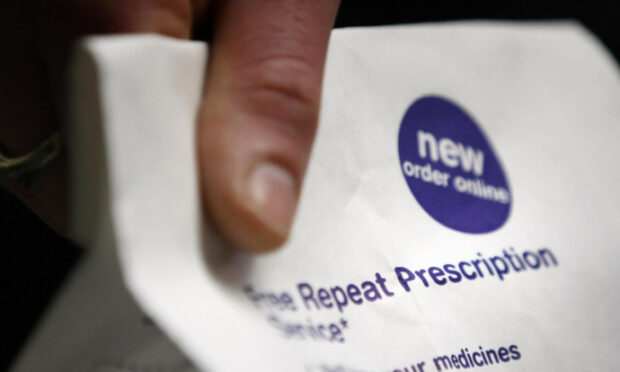
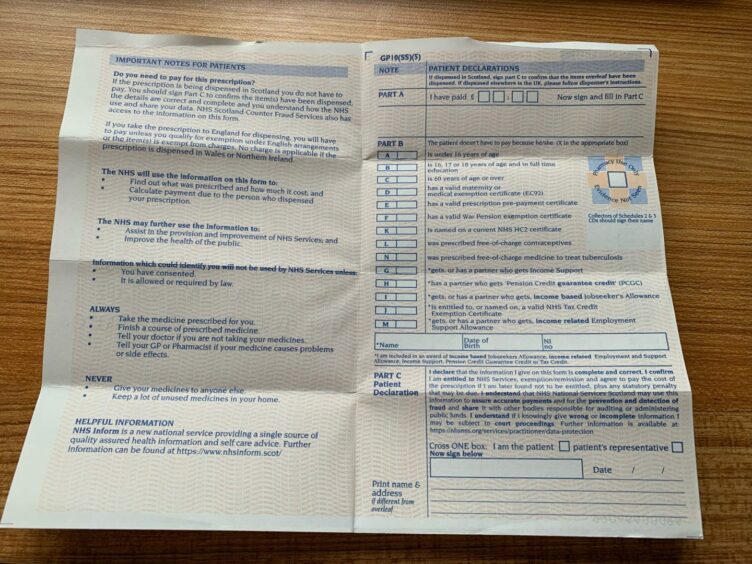
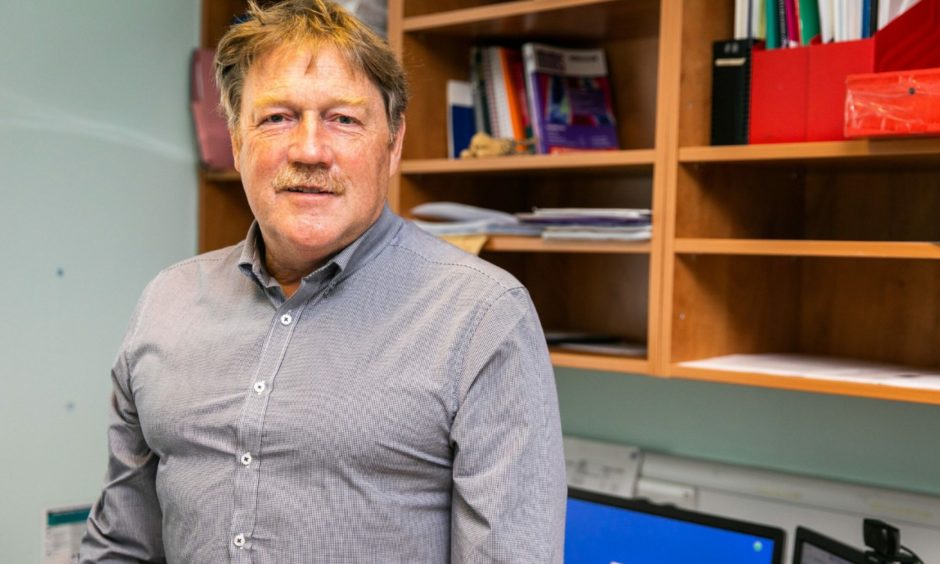
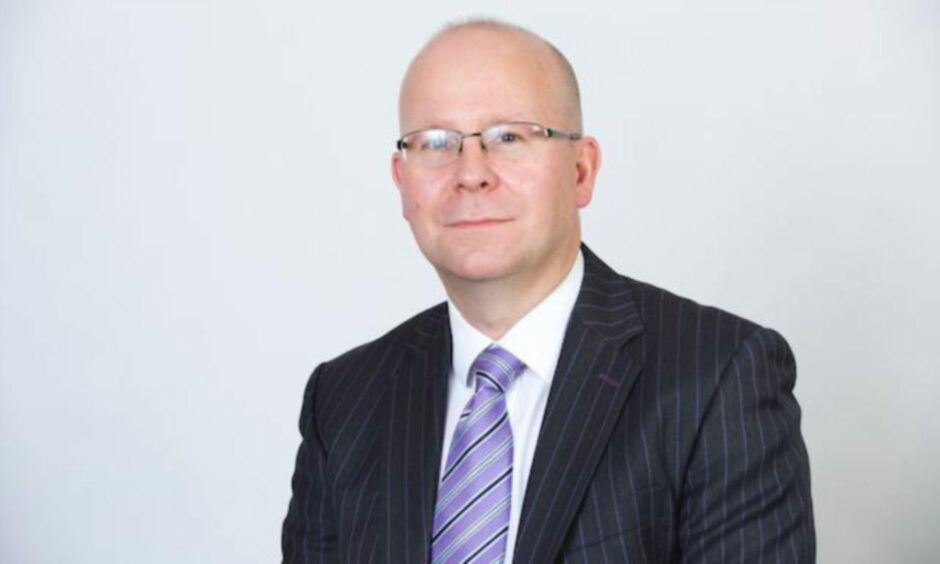
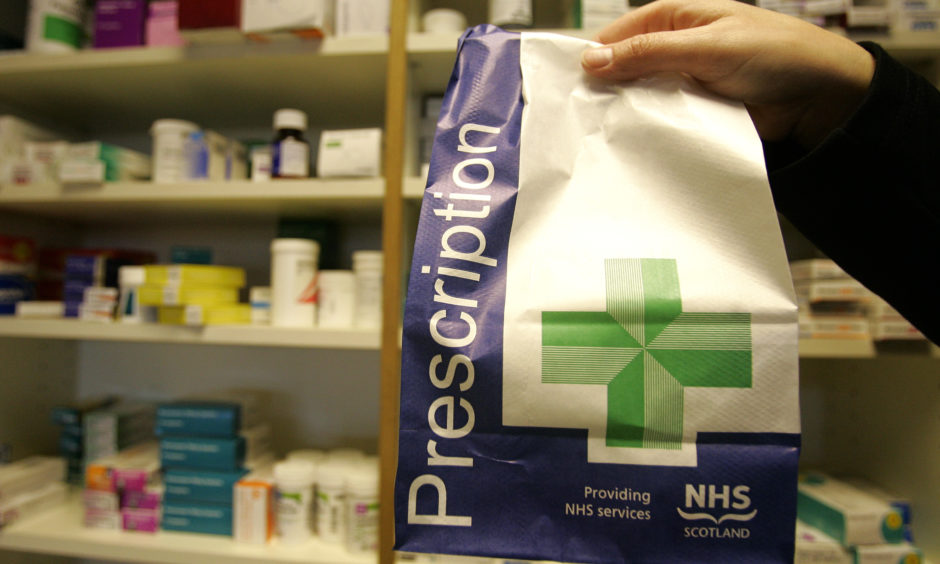







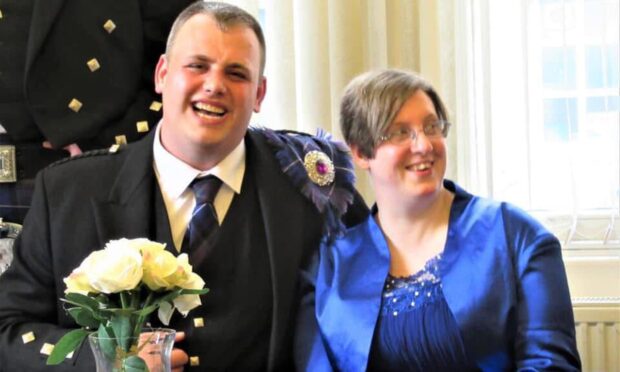
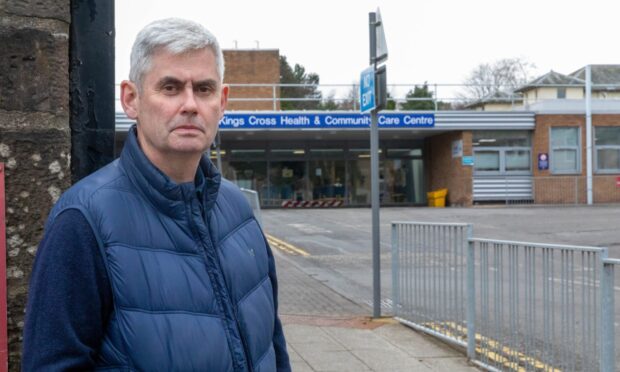
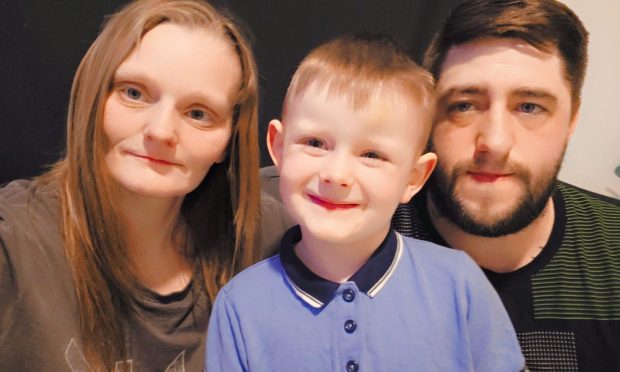
Conversation